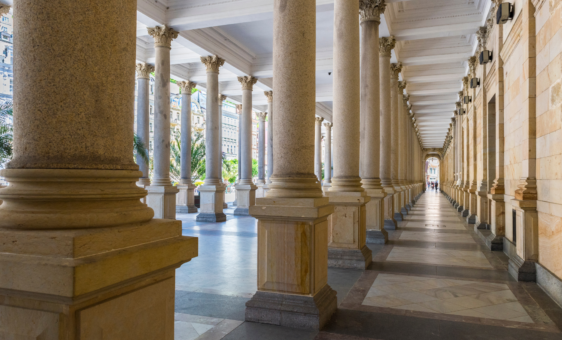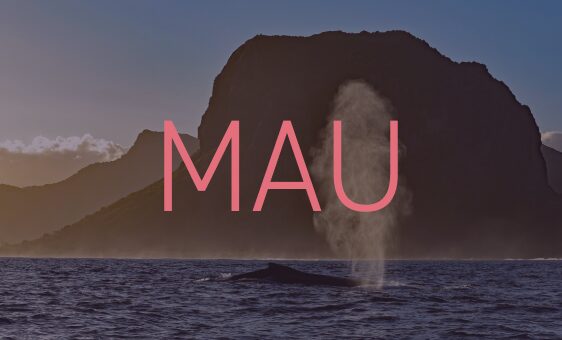However, both the LCIA and the Mauritian Government remain firmly committed to promoting international arbitration both in and in relation to Africa, and look forward to being involved in its future growth. Over and above this mutual commitment, the Mauritian Government will pursue its ambition of maintaining Mauritius as a focal point for international arbitration in Africa as it has been for the past seven years.
From 28 July 2018, the MIAC will emerge as a fully operational and independent arbitration centre equipped with state-of-the art technology in order to administer international arbitrations and mediations using MIAC rules.
The LCIA-MIAC was designed to help the Mauritian Government establish Mauritius as an international arbitration hub for the African region with the LCIA’s support.
The MIAC Rules are based on the UNCITRAL Rules as well as on the Mauritian International Arbitration Act 2008 (IAA). The avowed aim of the Mauritian Government is to provide the international community with an international arbitral seat for Africa and beyond by bringing ‘the highest level of dispute resolution services to the international community, with a particular focus on disputes in and with relation to Africa’.
It is understood that the MIAC will be sustained by a 3-tier structure namely, the Government of Mauritius, an Advisory Board headed by Professor Emmanuel Gaillard and, a Secretariat which will stand advised by the Advisory Board. The MIAC will also derive support from the Permanent Court of Arbitration (PCA) which has established presence in Mauritius. Thus, the MIAC Rules will refer matters dealing with arbitral appointments and challenges to the Secretary-General of the PCA in line with the IAA. As to the legal framework within which the MIAC will operate, it will be the IAA.
The discontinuance of the operations of the LCIA-MIAC in the Mauritian jurisdiction has a direct bearing on the Mauritian global business sector. In particular, this affects Mauritian companies licensed as Category 1 Global Business Licence (GBL1) companies. Indeed, since January 2015, one of the criteria that is looked at by the Financial Services Commission, as regulator of the Mauritian global business, to ascertain whether a GBL1 is administered and managed in Mauritius, is the inclusion of an arbitral clause in the constitution of these Mauritian companies to the effect that disputes arising out of the constitution of GBL1 companies shall be referred to arbitration under the IAA (section 5 IAA) (i.e. international arbitration).
In order to deal with arbitrations and mediations driven under the LCIA-MIAC, the LCIA will continue to administer such arbitrations and mediations that have already been concluded or are inadvertently concluded between now and 31 August 2018. However, it is the MIAC that will administer arbitrations and mediations that arise from agreements that inadvertently reference the LCIA-MIAC and that are concluded after 31 August 2018.
Admittedly, the withdrawal of a prestigious institution as the LCIA from the Mauritian jurisdiction will attract mixed views on the reasonableness of the Mauritian Government’s ambition to establish Mauritius as a hub for international arbitration within the African region because of the volatile nature of the global economy and the ferocious competition within the global village. However, it is to be remembered that 50 years through its independence, the Republic of Mauritius remains a young nation with the dynamics and stamina to weather through the challenges ahead of it. The success of the MIAC will no doubt play a key role towards this end.

















